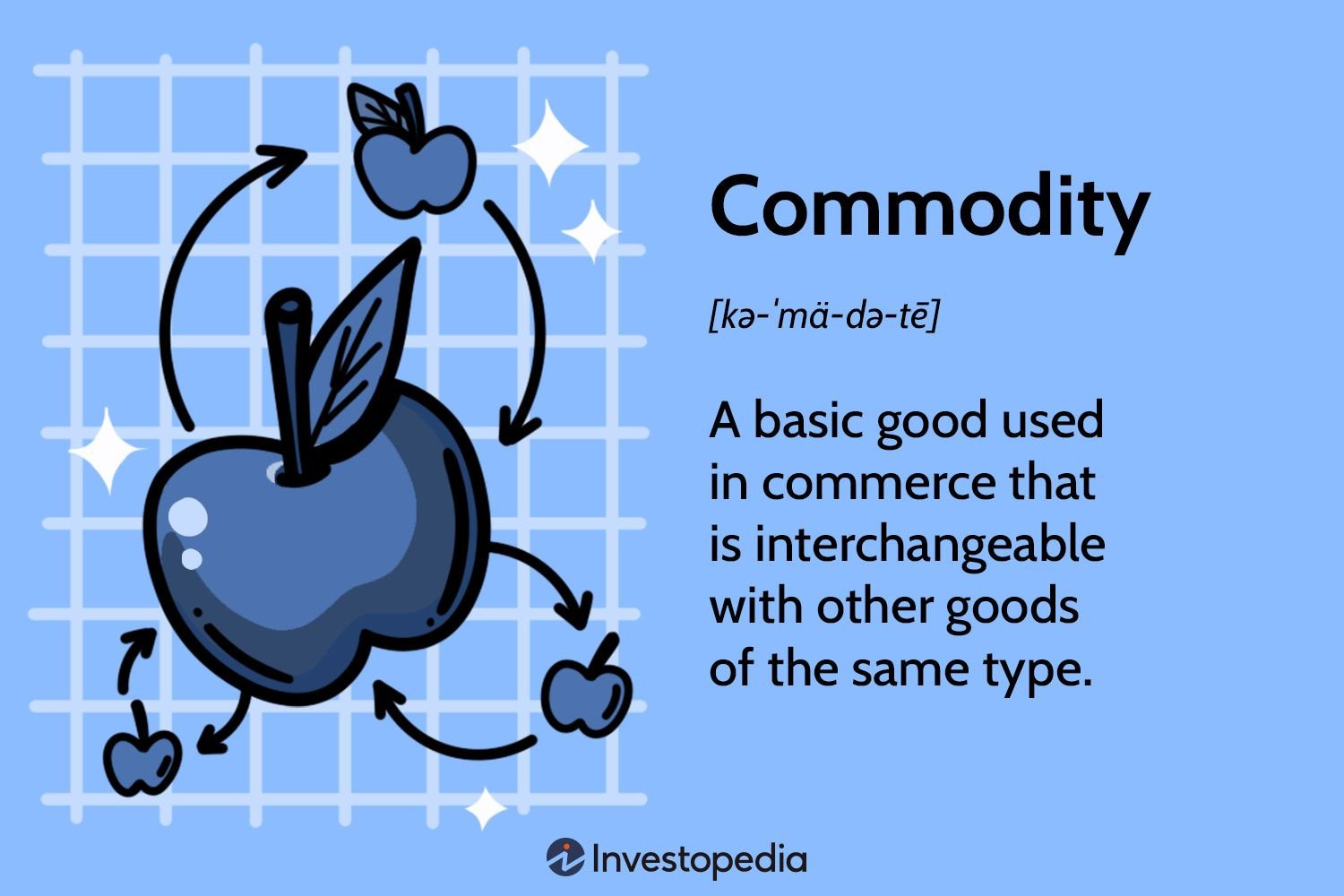Mobile banking has revolutionized the way we handle our finances, offering convenience and accessibility at our fingertips. But what are the pros and cons of mobile banking? Let’s dive right in. On the positive side, mobile banking allows us to effortlessly manage our accounts, transfer funds, and pay bills with just a few taps on our smartphones. It eliminates the need to visit a physical bank, saving time and energy. However, we must also be aware of the potential risks and drawbacks, such as security concerns and the possibility of unauthorized access to our personal information. So, let’s explore both the advantages and disadvantages of mobile banking in this article.
What are the Pros and Cons of Mobile Banking?
Introduction to Mobile Banking
Mobile banking has completely revolutionized the way we manage our finances. It has made banking more accessible, convenient, and efficient than ever before. With just a few taps on your smartphone, you can check your account balance, transfer funds, pay bills, and even apply for loans. However, like any innovation, mobile banking comes with its own set of advantages and disadvantages. In this article, we will explore the pros and cons of mobile banking to help you make an informed decision about whether or not to embrace this digital banking solution.
The Pros of Mobile Banking
Mobile banking offers several advantages that have made it increasingly popular among users. Let’s take a closer look at the pros of mobile banking:
1. Convenience
One of the main advantages of mobile banking is the convenience it offers. With mobile banking, you have access to your accounts 24/7, right at your fingertips. Whether you’re at home, at work, or on the go, you can easily check your balances, make transactions, and manage your finances without having to visit a physical branch. This convenience saves you time and allows you to handle your banking needs at your own pace.
2. Accessibility
Mobile banking eliminates the barriers of time and location. As long as you have a smartphone and an internet connection, you can access your accounts from anywhere in the world. This accessibility is especially beneficial for frequent travelers or individuals living in remote areas where physical bank branches may be limited. Mobile banking ensures that your financial information is always within reach, providing peace of mind and control over your finances.
3. Speed and Efficiency
Mobile banking transactions are typically faster and more efficient compared to traditional banking methods. With just a few taps on your smartphone, you can transfer funds, pay bills, or deposit checks without the need to fill out lengthy forms or wait in long queues. Mobile banking also allows for instant notifications, providing real-time updates on your account activity, ensuring that you are always aware of your financial situation.
4. Enhanced Security
Contrary to common belief, mobile banking can be more secure than traditional banking methods. Banks invest heavily in securing their mobile banking platforms, employing advanced encryption technologies and multi-factor authentication to protect customer data. Additionally, mobile banking allows you to set up alerts and notifications for any suspicious activities, adding an extra layer of security to your accounts. In case your phone is lost or stolen, you can immediately contact your bank to block access to your accounts, preventing unauthorized transactions.
5. Cost Savings
Mobile banking can lead to significant cost savings for users. With mobile banking, you can save on transportation costs, as you no longer need to travel to a physical branch for routine transactions. You can also save on paper costs, as mobile banking reduces the need for printed statements and physical documents. Additionally, many banks offer incentives such as lower fees or higher interest rates for customers who use mobile banking services, further enhancing the cost savings.
The Cons of Mobile Banking
While mobile banking brings numerous benefits, it is essential to consider the potential drawbacks. Let’s explore the cons of mobile banking:
1. Security Risks
Despite the enhanced security measures, mobile banking is not entirely immune to security risks. There is always a possibility of falling victim to phishing attacks, malware, or hacking attempts. Cybercriminals are constantly trying to exploit vulnerabilities in mobile banking apps or trick users into revealing their personal information. It is crucial to be vigilant and follow security best practices, such as using a strong password, keeping your device updated, and avoiding suspicious links or apps.
2. Technical Issues
Like any digital technology, mobile banking apps can experience technical glitches or system failures. These issues can range from minor inconveniences like slow loading times or login errors to more severe problems such as transaction failures or incorrect balance displays. While banks strive to provide a seamless user experience, occasional technical issues may disrupt the convenience and efficiency of mobile banking.
3. Limited Personal Interaction
Mobile banking offers convenience, but it lacks the personal touch of traditional banking. If you prefer face-to-face interactions or need assistance with complex financial matters, mobile banking may not fully meet your needs. While most banks provide customer support through phone, email, or chat, some users may feel more comfortable discussing their financial concerns with a human representative in a physical branch.
4. Dependency on Technology
Mobile banking is dependent on technology, and in the event of a technological failure or outage, users may face difficulties accessing their accounts or conducting transactions. Power outages, internet connectivity issues, or device malfunctions can temporarily limit your ability to manage your finances. It is crucial to have alternative arrangements in place, such as keeping a small amount of cash or having a backup payment method, to ensure you are not entirely reliant on mobile banking.
5. Limited Features and Functionality
While mobile banking offers a wide range of features, some functionalities may be limited compared to traditional banking methods. For instance, certain complex financial transactions, such as opening a joint account or applying for a mortgage, may require additional documentation or in-person verification. Mobile banking may not provide the same level of customization or detailed account information as you would get from a physical branch.
Mobile banking has undoubtedly transformed the way we manage our finances, offering unparalleled convenience, accessibility, and speed. However, it’s important to consider the potential security risks, technical issues, and limitations that come with mobile banking. Ultimately, the decision to embrace mobile banking depends on your personal preferences, banking needs, and comfort level with digital technology. By weighing the pros and cons discussed in this article, you can make an informed decision that aligns with your financial goals and lifestyle. Remember to stay vigilant, practice good security habits, and keep yourself informed about the latest advancements in mobile banking technology.
Advantages and Disadvantages of Mobile Banking
Frequently Asked Questions
Frequently Asked Questions (FAQs)
Question 1: What are the advantages of mobile banking?
Mobile banking offers several benefits, including convenient access to your accounts at any time, quick and easy transactions, ability to monitor your finances in real-time, and the flexibility to bank from anywhere using your smartphone or tablet.
Question 2: Can I trust mobile banking with my personal information?
Mobile banking uses encryption and secure authentication methods to protect your personal information. While no system is completely foolproof, banks invest heavily in security measures to ensure the safety of their customers’ data.
Question 3: Are there any disadvantages to using mobile banking?
Like any technology, mobile banking has its drawbacks. Some potential disadvantages include concerns about privacy and security, reliance on internet connectivity, limitations on certain transactions, and the possibility of technical glitches or errors.
Question 4: Is mobile banking suitable for older adults who may not be tech-savvy?
Mobile banking apps are designed with user-friendly interfaces to accommodate users of all ages, including older adults. Banks also provide support services and resources to assist customers in navigating mobile banking platforms.
Question 5: Can I deposit checks through mobile banking?
Many banks offer the feature to deposit checks using their mobile banking app. You can simply take a photo of the front and back of the check and submit it through the app, saving you a trip to the bank.
Question 6: Are there any fees associated with mobile banking?
While most basic mobile banking services are typically free, some advanced features or specific transactions may come with fees. It’s important to review your bank’s fee schedule or contact their customer service to understand any associated costs.
Question 7: What happens if my mobile device gets lost or stolen?
If your mobile device is lost or stolen, contact your bank immediately to report the incident. Banks have procedures in place to safeguard your accounts and may temporarily disable mobile banking access until the situation is resolved.
Question 8: Can I use mobile banking abroad?
Yes, you can usually use mobile banking while you are abroad. However, it’s essential to check with your bank beforehand to ensure that they support international access and to inquire about any specific limitations or additional fees that may apply.
Final Thoughts
Mobile banking offers numerous advantages and disadvantages. On the plus side, it provides convenience and accessibility, allowing users to manage their finances anytime and anywhere. Mobile banking also streamlines transactions, saving time and effort. Additionally, it offers enhanced security measures, such as biometric authentication, to protect sensitive information. On the downside, mobile banking can be susceptible to security breaches and fraud, requiring users to be vigilant and cautious. Moreover, technical issues and connectivity problems can hinder the smooth functioning of mobile banking services. Despite these drawbacks, mobile banking presents a compelling option for individuals seeking the flexibility and convenience it offers.



